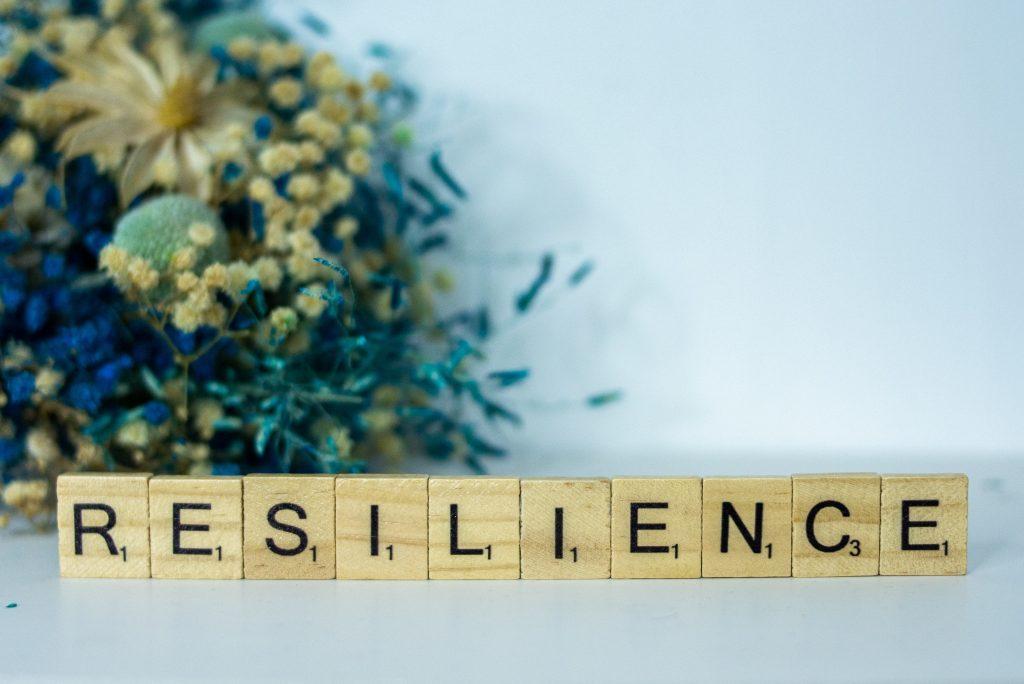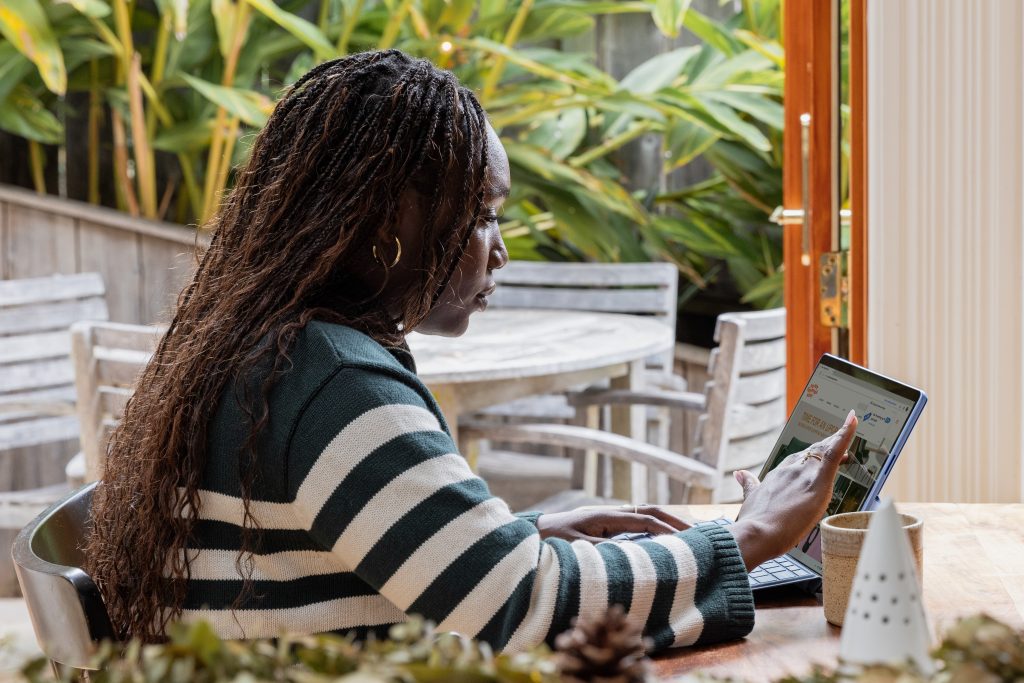“Hi, I would like to introduce you to my friend. He is @eboost on Instagram.”
“Oh yes, so nice to meet you. I have been a follower for a long time. I love your content.”
Yes, this is what the world as come to. We spend more time online than offline that we are only connected to a lot of the people we ‘know’ through the digital world. It is important to understand when enough is enough. The digital world can easily suck you in and not let go.
The tips before from Sporteluxe are a great way to keep yourself in check.
How To Clean Up Your Digital Habitat
1. Email
Chances are, your inbox is a mess of unread messages, junk mail, and a seemingly infinite backlog of stuff you really don’t need to hang on to. With a little effort, you can wrangle your messages into something far more manageable and less dismaying.
SORT BY SENDER.
You can delete wide swathes of emails this way if you know they’re coming from a sender you don’t care about. Store sales and promotions, that newsletter you got automatically subscribed to, your aunt who only ever sends you forwarded hoaxes and “feel-good” stories—you can make them all go away at once (the emails, not your technologically challenged family members). Plus, emails from the same sender will often be sorted into the same category, which will make filing them much easier, too.
UNSUBSCRIBE.
Sorting by sender can help you identify those mailing lists you’re on that are just taking up space in your inbox and have no positive value for you. Prevention is key with all kinds of mess, including digital, so reducing the number of emails coming in will help you stay organized. Just click Unsubscribe, which is usually located at the bottom of these emails.
+ Tidying tip To save time, visit unroll.me, a website which allows you to see all the emails you’re subscribed to so you can unsubscribe from multiple in one go. It’s so easy.
MAKE LABELS.
For those things you need to hang on to, create an inbox filing system that’s intuitive for you. If you need to save certain kinds of emails, create specific, easy-to-remember labels that’ll make them easy for you to find later on.
MAINTAIN.
Don’t let your unread emails creep up into the thousands. Every day, go through and sort, delete and unsubscribe as needed. Just like with your home, a very small amount of work on a regular basis will prevent the need for a major project later on. Even if you get a hundred or more emails a day, it’s considerably easier to deal with a hundred now than three thousand at the end of the month.
2. Computer Desktop
Is your computer desktop a chaotic disaster of icons and shortcuts to who-knows-where? Impose some order on your desktop to make turning the computer on a little bit less stressful. A lot of people avoid the chaos of a cluttered desktop by simply never using it at all, which is absolutely a valid method, but if you’re someone who still relies on your desktop as part of your computing routine, there are certain things you can do to keep it under control.
DON’T USE THE DESKTOP AS FILE STORAGE.
Sure, the whole point of the desktop is for ease of access, but when it’s covered by every file and folder you have, it really doesn’t make anything easier to find. If there’s a file you need to access every time you use your computer, give it a place of honor, but otherwise, use folder storage instead.
KEEP CURRENT.
There is absolutely no need to keep things on your desktop that are out of date or unused. Go through and get rid of or move anything that isn’t currently useful.
USE A WALLPAPER YOU LOVE.
If you have a picture that’s meaningful to you or a pattern you’re really drawn to, you’ll be less likely to cover it in crap.
GET HELP.
There are lots of apps, programs, and extensions for Mac and Windowsthat offer various ways to keep your desktop organized.
Computer Folders
Admit it, you probably save all of your documents to one catch-all Documents folder, and most of your pictures end up in one giant Pictures folder. As I’m sure you’ve experienced, that can make it a real pain in the ass to try to find something specific. By setting up an easy-to-understand system, you’ll save yourself a lot of time trying to find things later. Organization is key here; the more streamlined and less complicated your system, the better it’ll work for you.
3. Computer Folders
GIVE YOUR DOCUMENTS AND PICTURES NONGENERIC FILE NAMES.
As you save things, give them clear, descriptive file names that’ll make them easy to locate when you’re looking for them later. This goes for downloads of files you didn’t create, too; you’re not tied to whatever name (or string of numbers and letters) the creator gave them. Rename these files to fit in with your system and keep them easy to find.
CREATE CATEGORIES.
Instead of Documents or Pictures, try Tax Info, Pets, Work Stuff, and so on instead. Use a system that makes sense to you, and don’t be afraid to make folders within folders (2016 Receipts; Fluffy’s Birthday Party; Project Research, etc.). The more levels of organization you have, the easier it’ll be to find something. Sure, it takes a little longer to set up, but the work will pay off down the road.
CHANGE YOUR DEFAULTS.
If you like most things you save to go to one particular place, take five minutes and mess around with your settings to make that place your default. If you’re more likely to look at documents you’ve edited recently, sort by “Date modified” rather than by name. Alphabetical order isn’t always the best way to find something, despite what your primary school teacher told you.
4. Social Media
There’s no denying that social media consumes much of our lives. Whether you’re active on one social media network or five, it’s easy to let it take over huge amounts of time better devoted to, you know, actually doing something. While it’s certainly a great way to stay connected and informed (or misinformed, depending on what you’re reading), your time on social media can probably be reduced.
PARE DOWN.
If spending too much time on social media is a problem for you, think about what you’re relying on it for. If you’re just wasting time by following a whole bunch of people you don’t really care about, consider culling your friends or following list. With fewer people to follow, you’ll get caught up faster and be able to get back to doing non-social-media things.
HIDE AND BLOCK.
When your feed or dashboard is cluttered up with irrelevant, or obnoxious material, hide the source. Depending on the platform, you can often hide everything that originates from one person or one site, and in the case of a person, they’ll never know that you did it. If you find yourself getting pulled into arguments or developing antagonistic relationships, don’t be afraid of that “block” button. Consider what you’re really getting out of those interactions, and if you don’t find that the payoff is worth the aggravation, remove the source of it.
SCHEDULE ONLINE TIME.
Most people are fairly stunned to find out how much time they lose online. Give yourself a limit on how much consecutive time you can spend online, or use 20/10s (20 minutes on, 10 minutes off) to alternate computer time with something else you need to get done. There’s nothing wrong with catching up online, but it should be balanced with everything else that exists within your life.
5. Smartphones
It’s pretty obvious that smartphones make our lives easier in a lot of ways, but they can get disorganized and out of control just as certainly as anything else. But if you institute some order, you can find the things you use the most without getting lost in the digital clutter.
STREAMLINE YOUR APPS.
Make sure the apps you use most often are the most accessible on your home screen, and group everything else into folders. Name the folders something that makes sense to you. There’s no need to swipe past page after page of little-used apps in order to get to what you actually need.
CULL YOUR CONTACTS.
Keep your contacts current and complete, and don’t be afraid to delete out information for people you know you’re never going to need to get in touch with again.
ORGANISE YOUR PICTURES.
These days, we use our phones as cameras just as much as (or more than) we use them as phones. It’s not uncommon to have thousands of pictures in your camera roll, and even though many phones separate them into albums by date, it might be useful to do a little organizing of your own. Make separate albums for trips, seasons, places, or specifically for pictures of your pets; this way you don’t have to scroll through your entire archive just to find that one adorable shot of Fido frolicking at the beach.
BACK UP YOUR MEMORIES.
Too many people have most of their photo memories stored on their phones or hosted on their Facebook accounts with no backup. There are plenty of options available for backup and storage; just make sure you have access to yours if something were to happen to your phone (perish the thought).
Getting your digital life in order isn’t always an obvious priority, especially when there’s a ton of other stuff going on that seems more important, but given how much time we spend on our computers, phones, and tablets, maybe it should be. Disorganization in one area that’s such a big part of our lives can lead to feeling disorganized in other ways, so no matter what environment you find yourself spending time in, whether physical or digital, it’s a good idea to keep it cleaned up.
6. Buy this book

This is an extract from Unf*ck Your Habitat by Rachel Hoffman, published by Bluebird, RRP $19.99, out now’.






